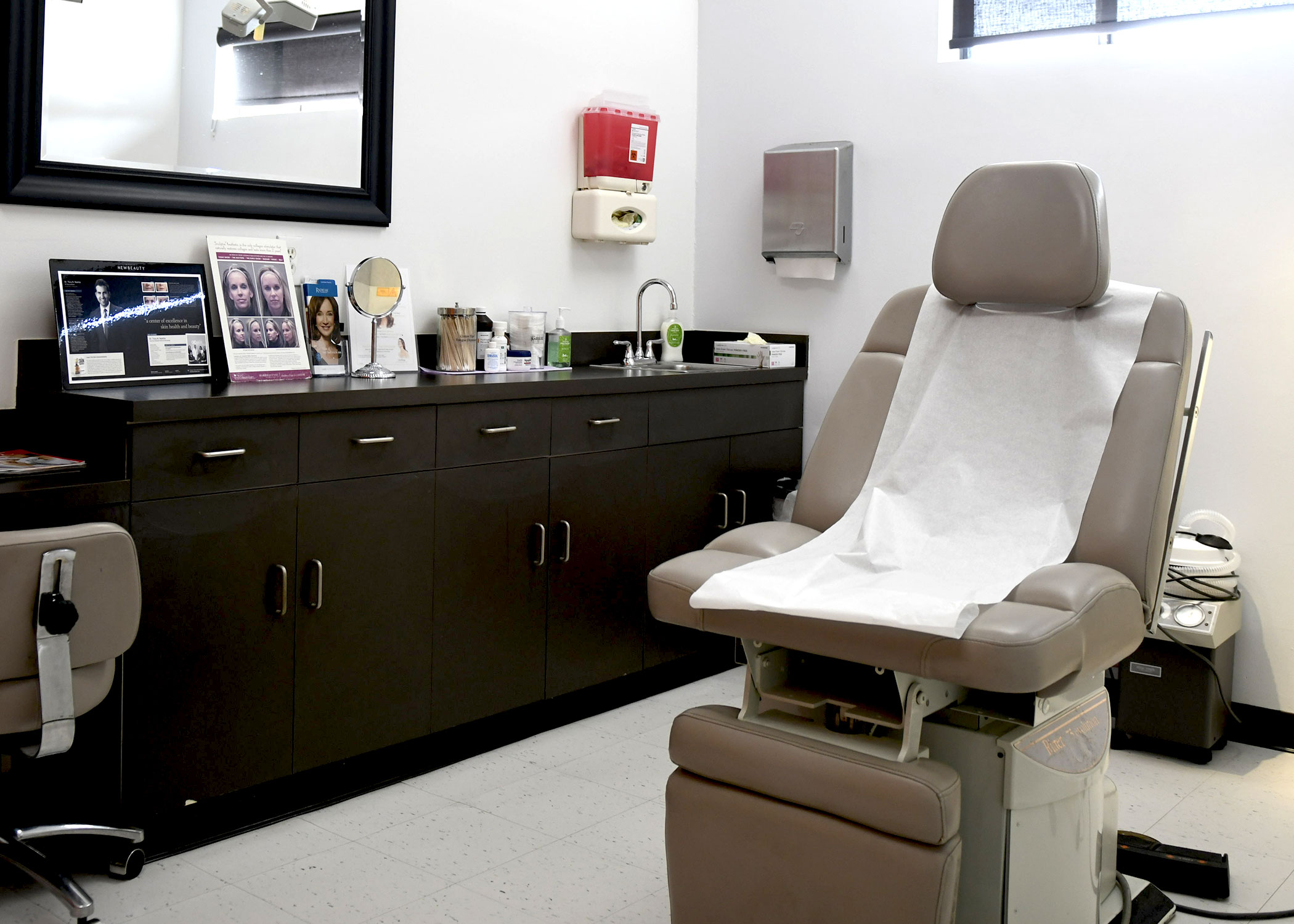It's recommended that anyone who goes outside in the sun wear sunscreen with an SPF of at least 15. However, sunscreen isn't the only way to reduce your risk for skin cancer. Consider the following each time you head outside whether your family has a history of skin cancer or not.
Limit your sun exposure to prevent skin cancer
The sun shines brightest from 10 AM to 4 PM, and that's when the sun's harmful ultraviolet radiation is most intense. Find a shady place in the middle of the day, or wear a hat if you're going to be outside during the middle of the day.
Also, avoid tanning beds. The tanning lamps in tanning beds emit the same dangerous UVB and UVA rays that damage the skin when you're outside in the sun.
If you enjoy the healthy color a tan provides, try a spray tan. They're much more natural now than they were just a couple decades ago.
Dermatologists suggest you always use sunscreen
Sunscreen is sun protection you should use at all times, and it's not just an item you should use in the summer. The sun might not feel as warm in the winter, but the rays are just as damaging as they are in the summer.
Although the Skin Cancer Foundation recommends an SPF of 15 for sunscreen, that's only the minimum. A sunscreen with an SPF around 30 is a good idea for activities like swimming, running, or any outdoor physical exertion.
Keep in mind that sunscreen doesn't last forever. It must be reapplied, particularly during activities that may cause you to sweat or that take place in the water.
Examine your body regularly
Moles may appear naturally on your body over time, but every mole won't result in skin cancer. However, it's essential to remain observant. It's best to perform a self-examination each month for any changes in the appearance of your moles.
Additionally, a yearly meeting with a medical dermatologist is important for further examination. If you discover changes in the color, size, or shape of any of your moles, make an immediate appointment with a healthcare professional.
You can prevent skin cancer, by listening to the advice of certified dermatologists
One-in-five Americans will develop skin cancer during their lifetime. Although there's no way to completely prevent skin cancer, practicing these sun safety guidelines will help with early detection.
Contact our skin cancer specialists in any one of our various Orange County dermatology centers to learn more about how we can help you fight skin cancer.

